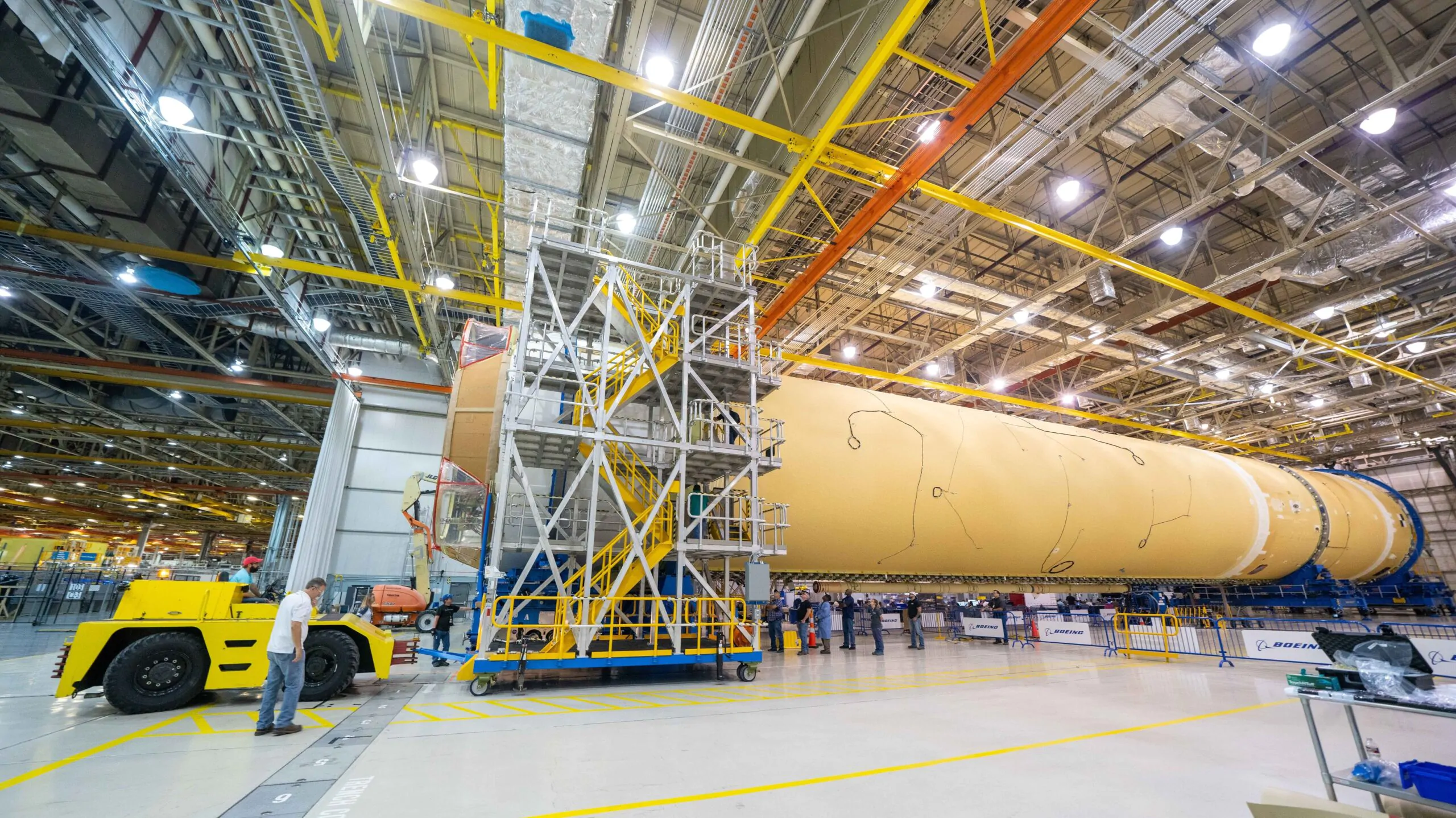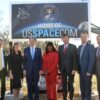Under the Trump administration’s budget proposal for the 2026 fiscal year, funding for the National Aeronautics and Space Administration would be reduced by over 6 billion dollars, or almost 25 percent.
The economy of Huntsville, home to the Marshall Space Flight Center as well as several federal contractors and research parks, depends heavily on government spending on space exploration and research.
One recent report by NASA based on the organization’s budget for the 2021 fiscal year estimated they help create over 41,000 jobs in the state of Alabama, including 2,276 people employed directly by NASA.
Another 2019 analysis of the Marshall Space Flight Center’s economic impact found that the “[Space Launch System] Program supports approximately 15,000 jobs across Alabama.” If the budget request is approved as is, those 15,000 jobs would likely dry up.
The budget request prepared for the 2025 fiscal year by the Biden administration called to spend over $2 billion a year on the SLS through at least 2029. The Trump administration’s request though would ramp down funding to just $600 million by 2028 before ending the program entirely.
According to the technical supplement for NASA’s 2026 budget request, the SLS would still be used for 2026 and 2027 missions before “an orderly phase out of the NASA SLS after Artemis III.” After the SLS is phased out, the supplement explains that “NASA will initiate a new procurement to obtain commercial transportation services to conduct later Artemis missions.”
Major Trump backer and record breaking donor Elon Musk seems poised to significantly benefit from this transition, due to his plurality share in commercial aerospace company SpaceX. Musk and his associate Jared Isaacman, who was the nominee to be NASA administrator until this weekend, both repeatedly criticized the SLS program earlier this year.
Republican politicians in Alabama were vocal critics of the Biden administration’s choice to move the headquarters of U.S. Space Command to Colorado Springs, Colorado, rather than Huntsville, but have been relatively mum about the larger cuts proposed by the Trump White House.
Congressman Dale Strong, who represents Huntsville, has not spoken out about the proposed cuts despite telling constituents he was “bullish on the future of north Alabama” in part because of the jobs U.S. Space Command would bring to the city. Strong also publicly supported federal job cuts in February.
While Alabama Senator Katie Britt vocally defended NASA programs based out of Huntsville during Biden’s presidency, including the Space Launch System, she has not publicly commented on the cuts proposed by President Trump. Neither has Alabama’s senior senator, Tommy Tuberville, who is currently running for governor.
In a statement to Alabama Daily News last month, Sen. Britt told the outlet that she supports the SLS and has “touted Alabama’s second-to-none capabilities” in meetings with executive branch staffers. Britt’s office has not responded to APR’s requests for comment yet.
As the name suggests, presidents’ budget proposals are just proposals. Like all laws, the federal budget must be drafted and approved by Congress before being signed by the president, and these major cuts to NASA might not end up being included in the final federal budget for the 2026 fiscal year.
The One Big Beautiful Bill Act currently being considered by the Senate, which would establish the federal budget for the 2025 fiscal year, does not include any major cuts to NASA.




















































